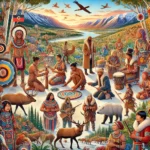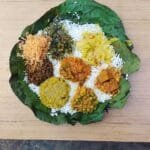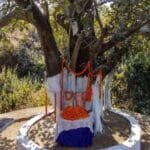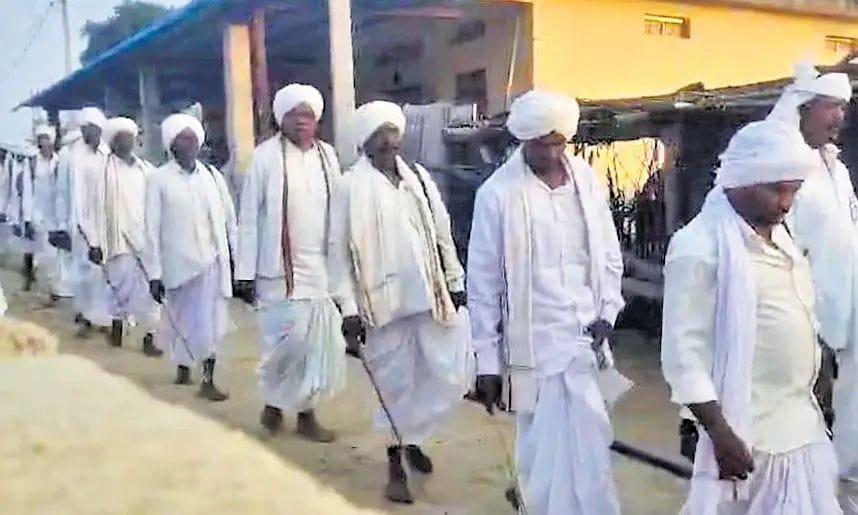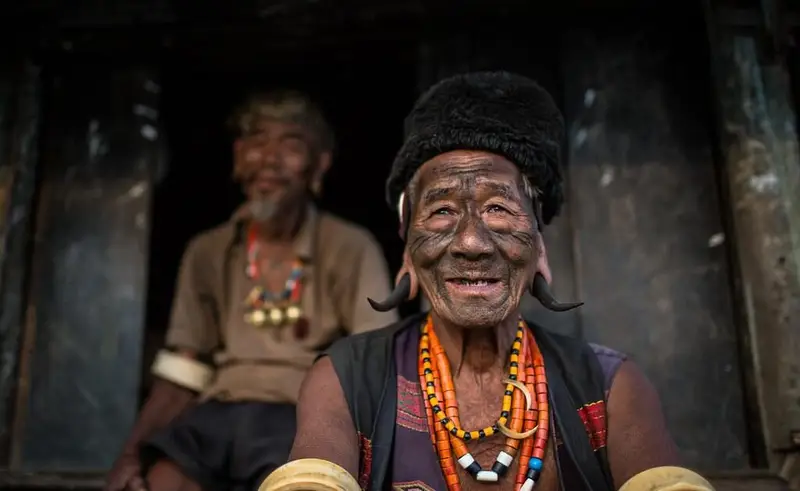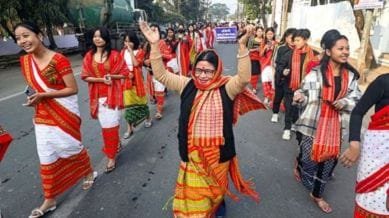Rooted in their deep reverence for nature and ancient customs, the tribals of the erstwhile Adilabad district continue to preserve their vibrant cultural identity.
The Keslapur Nagoba Jatara, a significant religious and cultural festival of the Meshram clan, exemplifies this enduring heritage. A central ritual of the festival is the arduous eight-day pilgrimage undertaken by 70 clan members. This journey involves walking approximately 75 kilometers to the Godavari River in Hasanmadugu, Jannaram mandal, to collect holy water, symbolizing their unwavering devotion to ancestral traditions.
The month of Pushya holds immense cultural significance for the Adilabad tribals, marking a period of celebration and spiritual reflection. The Nagoba Jatara, recognized as the second-largest tribal festival in the state, begins this year at midnight on January 28.
Dev Rao, a member of the Meshram clan, explains that preparations for the festival commence with prayers to the Nagoba deity in Keslapur. The pilgrims then set out on their sacred journey, traveling mostly at night and resting in villages along the way. Upon reaching the Godavari River, they collect the holy water and return to Keslapur within eight days. The water is then tied to a sacred banyan tree near the temple.
The festival officially begins with prayers and an abhishekam (ritual bath) offered to the snake deity beneath the sacred banyan tree. Kova Daulath Rao, state president of Adivasi Sena, highlights the cultural and spiritual importance of this ritual, which unites the community in devotion.
Approximately 2,500 Meshram families gather under the banyan tree a day before the festival, spending the week performing daily prayers and participating in cultural events that celebrate their heritage.
The event also sees the active involvement of local authorities, with District Collector Rajarshi Shah and ITDA Project Officer Khushboo Gupta overseeing preparations to ensure the smooth conduct of the Nagoba Jatara. Their efforts reflect the shared commitment to preserving this vibrant tradition for generations to come.

